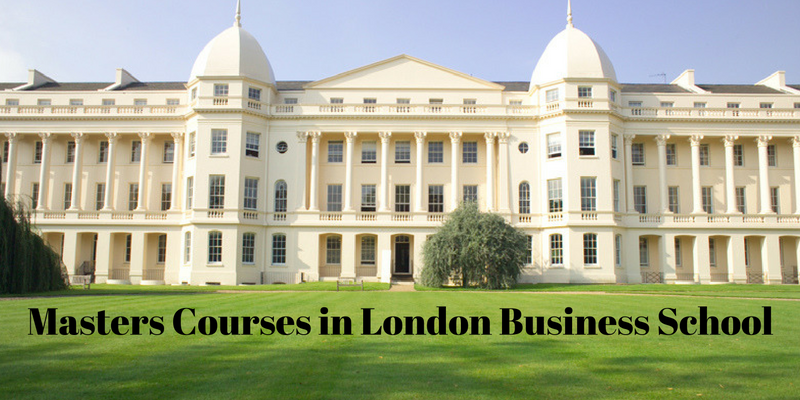Students who crack the GMAT and get a call from both the London Business School (LBS) and the University of Cambridge, to join their MBA programs, are often at a dilemma about which institute to choose. The LBS vs Cambridge battle is not new. The education community is often divided over these two business schools in UK.
LBS vs Cambridge: Which one to choose?
Let’s see how the University of Cambridge MBA and the London Business School MBA stack up against each other.
Profile
For anyone looking for a truly global MBA in UK, LBS should feature high on the list. The campus is located in of the greatest cities of the world regarding both business and culture. The LBS campus attracts about 400 MBA aspirants every year from across 59 countries.
The Cambridge MBA, on its part, is a complete immersion in business learning, and offers global career advancement opportunities to its graduates. Every year more than 160 professionals from more than 40 countries join the Cambridge MBA. So the LBS vs Cambridge tussle is pretty much balanced here.
Program
The LBS MBA program can be completed in a choice of 15 or 21 months depending on the number of electives you choose. The program begins late August. In the final term, students get the option to study on international exchange at any of the 30 partner schools worldwide.
Besides classroom coaching, the Cambridge MBA offers practical application of business theory via unique collaborative projects, seminars and workshops. There are opportunities for practical projects, including real-time live consulting projects. Here too the LBS vs Cambridge tussle is equal.
Ranking
LBS has consistently ranked among the top MBA colleges in the world. It’s considered to have one of the best two-year MBA programs outside the US. LBS ranked second in The Economist’s Compare Schools MBA ranking of 2016.
The Judge Business School, Cambridge, is ranked seventh in the same list by The Economist. LBS steals a mile over Cambridge in the best business school battle.
Recruiters
The LBS has an enviable record regarding the placement of its students. More than 81% of graduates receive job offers within three months of graduation. Graduates get over 74% increase on their pre-MBA salary. In 2016, eight industry sectors hired LBS graduates. The Boston Consulting Group, McKinsey, and Amazon were the chief recruiters from LHB.
Cambridge seems to have beaten LBS with 95% recruitment record. But the increase on pre-MBA salary, after graduation, is 64.9%. Amazon, HSBC, and Google were the main recruiters from Cambridge. With both colleges having their pros and cons, the LBS vs Cambridge debate is evenly balanced regarding recruitment.
Faculty
LHB boasts of an excellent faculty which makes the institute one of the MBA colleges in the world. The faculty-student ratio is 0.24.
The Cambridge too boasts of a competent faculty with full-time PhD professors and industry experts imparting learning. The ratio of faculty to students is 0.28 with more than 97% full-time professors with PhD.
To conclude, LBS is ranked higher since it’s a specialized business school with Cambridge. It may scrape through as the winner in the LBS vs Cambridge battle.


















































